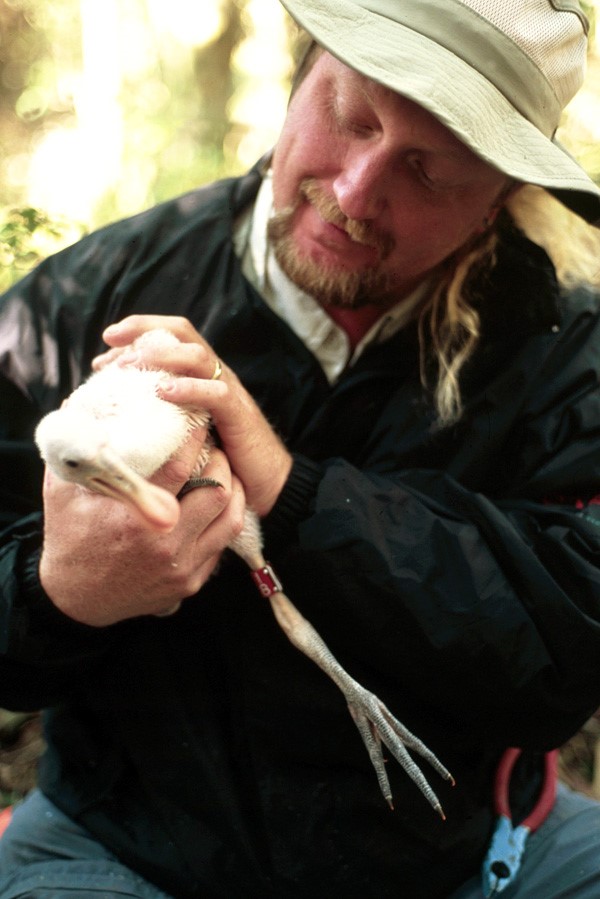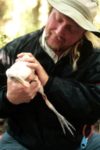
Monthly MEETING and LECTURE: “Roseate Spoonbills in Florida Bay: Pink Canaries in a Coal Mine” by Dr. Jerome J. Lorenz, Research Director-Audubon of Florida and Primary Investigator – Florida Bay Estuarine Research Project.
by Gail Tomei
Tuesday, May 1, 7:00 p.m. meeting & lecture.
Light refreshments at 6:30.
_________________________________________
Meeting and program are free and open to the public. Doors open at 6:30 p.m. for light refreshments, in rooms 101 and 102 at FAU Pine Jog Environmental Education Center, 6301 Summit Blvd (near Jog Road) in West Palm Beach. We look forward to seeing you there!
_________________________________________
Come hear Dr. Lorenz present the latest on Florida’s remarkable Roseate Spoonbills. Connecting Audubon’s 80-year record on spoonbill nesting patterns in Florida Bay and his personal experience studying the fish on which spoonbills feed, he will tell the story of how the human population explosion in southern Florida has had a multilevel effect on spoonbills. During the development boom, seemingly unrelated events reduced the spoonbill’s foraging habitats in domino like fashion, resulting in a dramatic decline in spoonbill nesting success that continues today. His most recent work banding and tracking spoonbills finally explains why it took so long for spoonbills to recover from the “Gilded Age” plume hunting and why spoonbills in Florida Bay continue to decline while most other wading birds in the Everglades are increasing. Dr. Lorenz demonstrates how the destruction of wetlands for urban and agricultural use has not only endangered spoonbills, but also myriad other creatures and entire ecosystems. These ecosystems drive our tourist-based economy. Like the canary in a coal mine, Roseate Spoonbills are letting us know that there is something drastically wrong with our environment and that continued runaway development will not only ruin our remaining wilderness areas but our lifestyle as well.
About Jerome J. Lorenz.
Jerome J. Lorenz, PhD, is Research Director of Audubon of Florida and
Primary Investigator for the Florida Bay Estuarine Research Project.
He received a BS in biology from Northern Kentucky University in 1987 and a Master’s Degree in Zoology from Miami University (Oxford, OH) in 1990. Since 1989 Jerry has been a staff scientist for the Audubon Society, and since 1992 he has been the primary investigator of National Audubon’s Florida Bay Estuarine Research Project. This project focuses on the impact of water management in the southern Everglades on the coastal ecosystems of Florida Bay. Specifically, the project examines the linkages between fresh water deliveries from the Everglades, the abundance of aquatic plants and prey fishes, and the success of nesting Roseate Spoonbills. In August 2000, Jerry received a Ph.D. in Marine Biology and Fisheries from the University of Miami’s Rosenstiel School of Marine and Atmospheric Sciences. His dissertation was awarded the Smith Prize for the outstanding dissertation of the year by the Rosenstiel faculty. Upon completion of his Ph.D., Jerry became Research Director at Audubon of Florida’s Tavernier Science Center. In 2005, he became the state research director for Audubon of Florida. He serves as a member of the Florida Keys National Marine Sanctuary Advisory Council and is a founding member of the Florida Oceans and Coastal Resources Council.
Also at the meeting, our expert, Clive Pinnock, will speak about the May Bird of the Month, the Great Blue Heron


Comments are closed